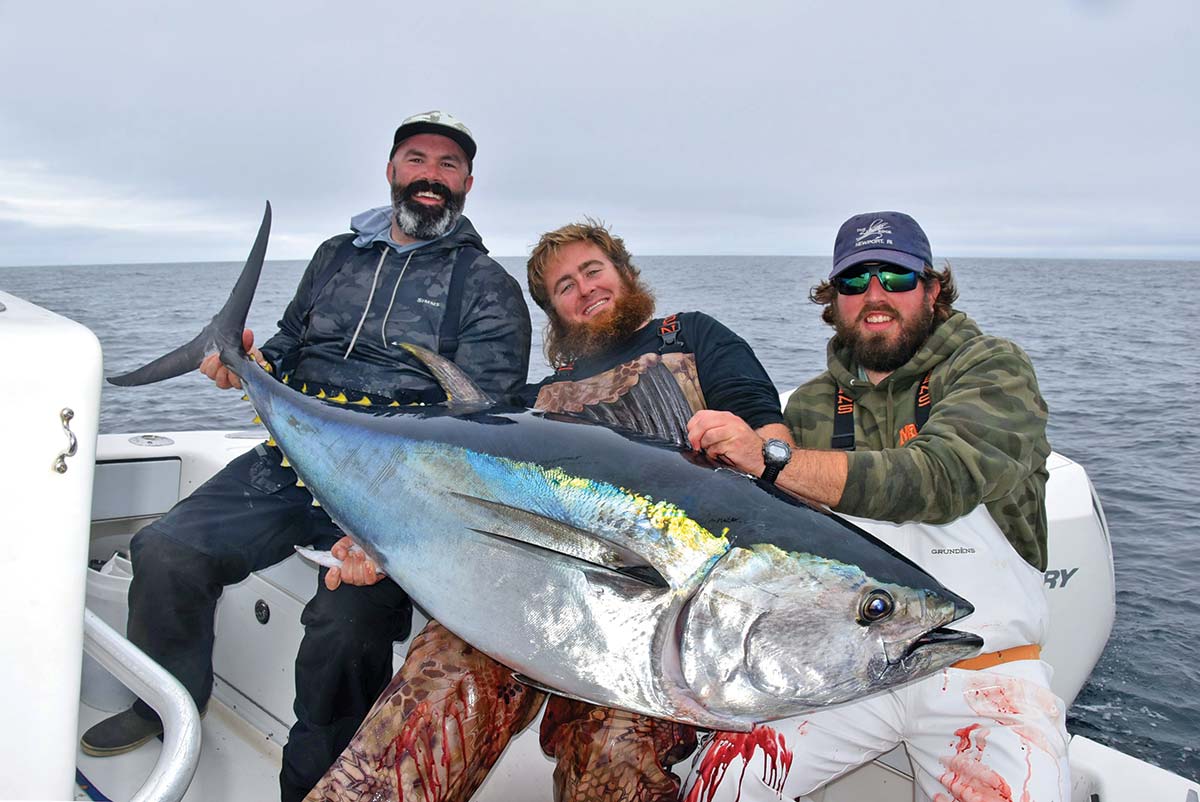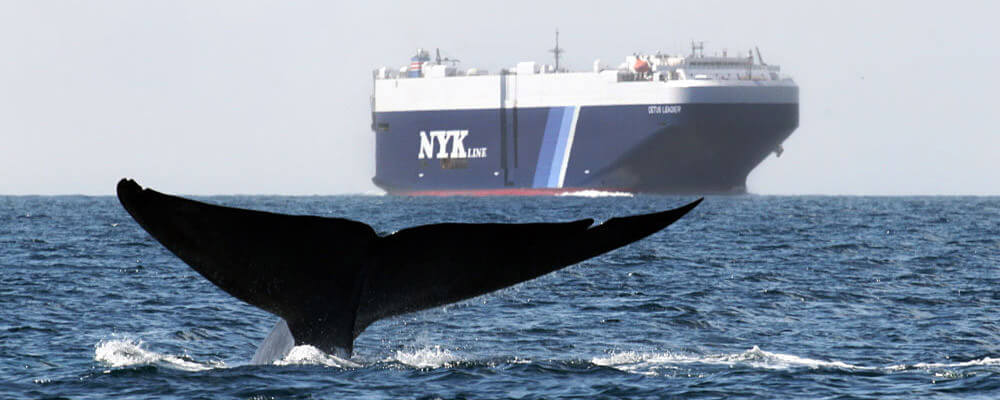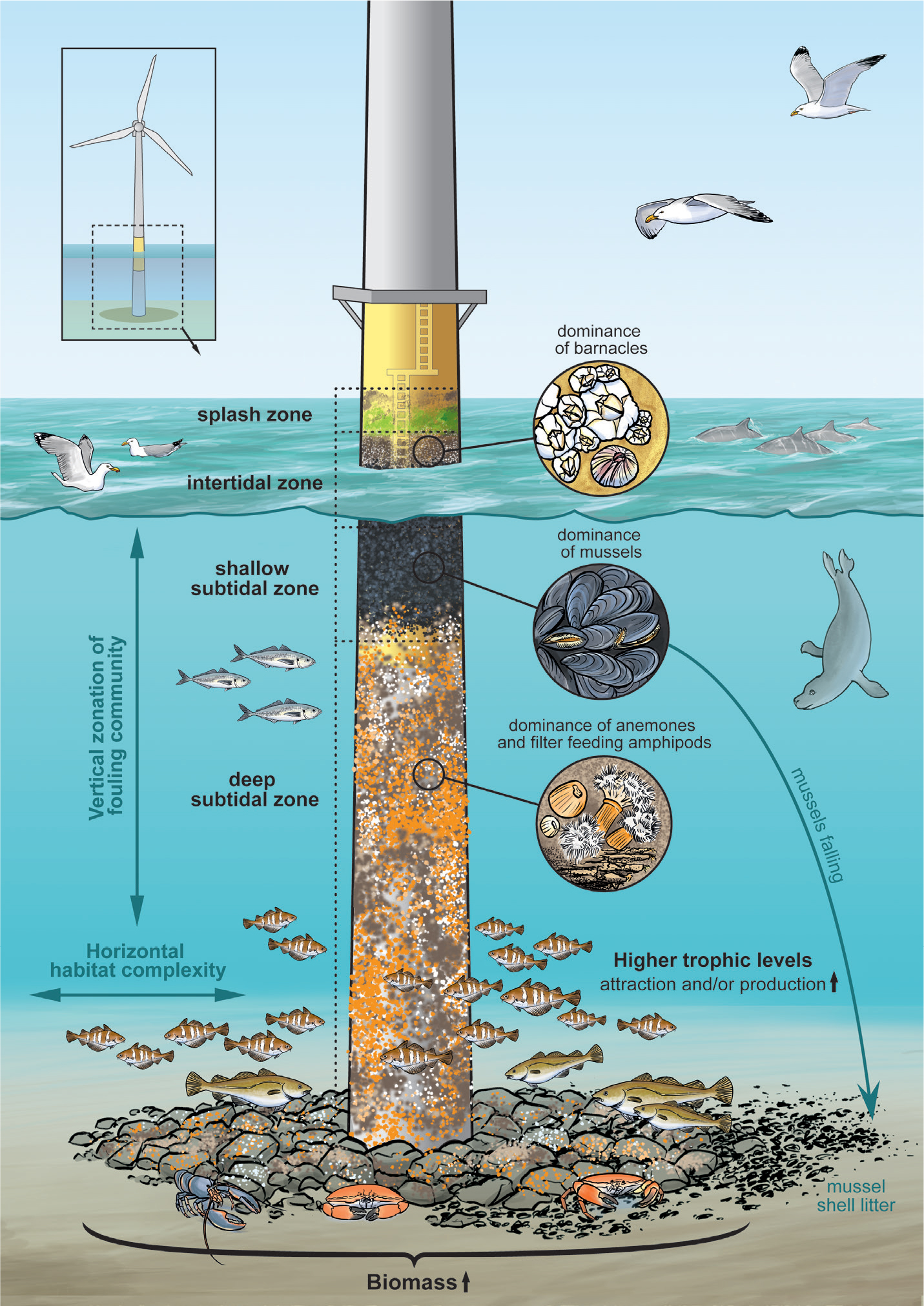WIND CHANGES: Trump Administration Halts Offshore Wind Development as Marine Life Concerns Persist
An Analysis for NY Angler of Recent Policy Shifts and Their Impact on East Coast Waters
George, as an experienced angler who knows these waters from both your Commack and Naples homes, you'll want to understand what's happening in the offshore environment where you've spent countless hours pursuing your passion.
The Trump administration has made a dramatic policy reversal, officially canceling plans for new offshore wind farms in federal waters. On July 31, 2025, the Bureau of Ocean Energy Management (BOEM) announced the rescission of all designated Wind Energy Areas (WEAs), withdrawing over 3.5 million acres of federal waters previously targeted for offshore wind development.
This sweeping action affects areas from the Gulf of Maine down to the Gulf of America, including the New York Bight waters you know well from your Long Island fishing adventures. The decision follows President Trump's January 20, 2025 executive order implementing a temporary withdrawal of all areas on the Outer Continental Shelf from offshore wind leasing.
The Marine Life Connection

What makes this particularly relevant to anglers is the ongoing concern about marine life impacts. Since 2016, the East Coast has experienced what NOAA officially declared an "Unusual Mortality Event" for humpback whales. The official NOAA data shows 257 humpback whale deaths from Maine to Florida between 2016 and 2025, with New York waters accounting for 48 deaths and New Jersey contributing 36.
The timing has raised questions among fishing communities. As one veteran charter captain put it, "We've been seeing changes in whale behavior and locations for years now, and it coincides with all this offshore development activity."

However, it's important to note that NOAA scientists maintain there are "no known links between large whale deaths and ongoing offshore wind activities." Of the approximately 90 whales necropsied, about 40% showed evidence of human interaction through ship strikes or fishing gear entanglement - causes that predate offshore wind development.
Political Currents Run Deep

The controversy extends beyond environmental science into political waters. Watchdog groups have focused attention on Senator Sheldon Whitehouse (D-RI), who has been a strong advocate for offshore wind development. The Foundation for Accountability and Civic Trust (FACT) filed an ethics complaint alleging potential conflicts of interest.
The complaint centers on Sandra Whitehouse, who runs Ocean Wonks LLC and previously worked with Ocean Conservancy. That organization has received over $14.2 million in federal grants since 2008, including significant funding from legislation Senator Whitehouse supported. In 2024 alone, Ocean Conservancy secured two major grants for marine debris cleanup, funded partly through the Bipartisan Infrastructure Law that Whitehouse voted for.
"The appearance of impropriety is concerning," stated FACT in their complaint. "When a senator votes for legislation that directly benefits organizations paying his spouse, it raises serious ethical questions."
Senator Whitehouse's office has dismissed these allegations, stating his support for ocean and climate legislation represents broad environmental policy, not personal gain.
What This Means for Anglers

For recreational and charter fishing operations like those you've probably encountered throughout your 70 years on the water, George, these policy changes could have mixed implications:
Positive Impacts:
- Reduced vessel traffic from construction activities in prime fishing areas
- No electromagnetic field concerns from underwater cables affecting fish behavior
- Preservation of traditional fishing grounds without turbine obstacles
- Loss of artificial reef effects that some wind foundations might provide
- Continued marine mammal mortality from existing shipping and fishing activities
- Climate change impacts on fish migration patterns without alternative energy development
The Science Behind the Debate

Recent peer-reviewed research suggests the relationship between offshore wind and marine life is complex. A 2024 study published in Conservation Biology found that vessel strikes remain the primary cause of large whale mortalities, predating offshore wind development by decades.
"The data shows whale deaths began increasing in 2016, which was before most offshore wind construction activities," explains Dr. Sarah Johnson, a marine biologist not involved in the political controversy. "We're looking at multiple stressors - climate change, shipping traffic, fishing gear, and noise pollution."
Looking Forward

The administration's shift toward fossil fuel development may affect the offshore environment in different ways. Traditional oil and gas exploration involves seismic surveys and drilling activities that create their own environmental impacts.
For anglers, the key is staying informed about how these policy changes might affect the waters we fish. Whether it's monitoring whale activity, understanding fish migration patterns, or simply being aware of changing vessel traffic patterns, knowledge remains our best tool.
As someone who's spent decades reading these waters, George, you know that the ocean ecosystem is incredibly complex. The relationship between human activities - whether wind farms, shipping, or fishing itself - and marine life requires continued scientific study, not political positioning.
The real challenge ahead is finding energy solutions that protect both our marine resources and the fishing traditions that connect us to these waters. After all, clean oceans and healthy fish populations benefit everyone - from weekend warriors to charter captains to lifelong anglers like yourself.
What are your thoughts on these developments? Have you noticed changes in whale activity or fish behavior during your years fishing off Long Island and Florida? The angling community's observations often provide valuable insights that complement scientific research.
Sources:
